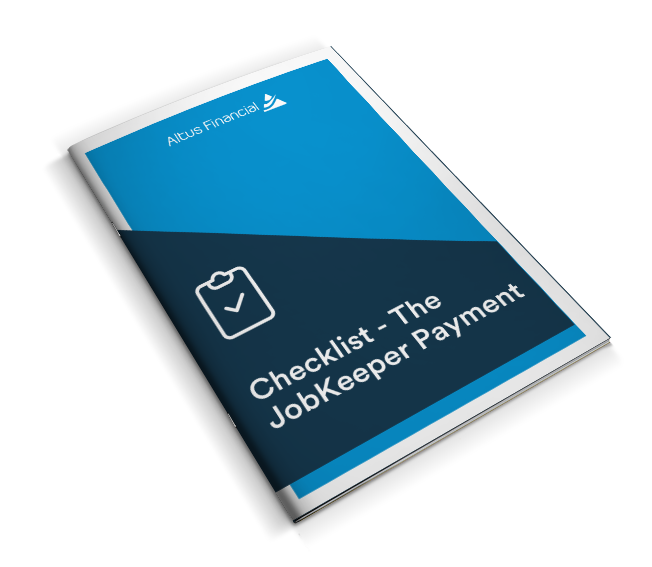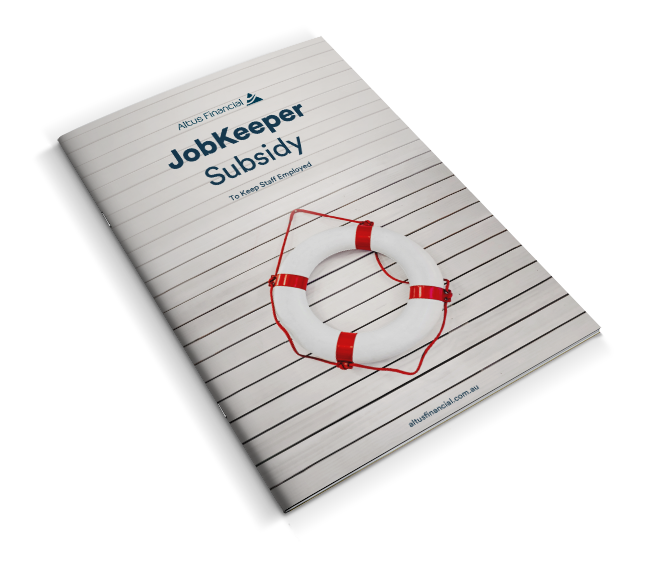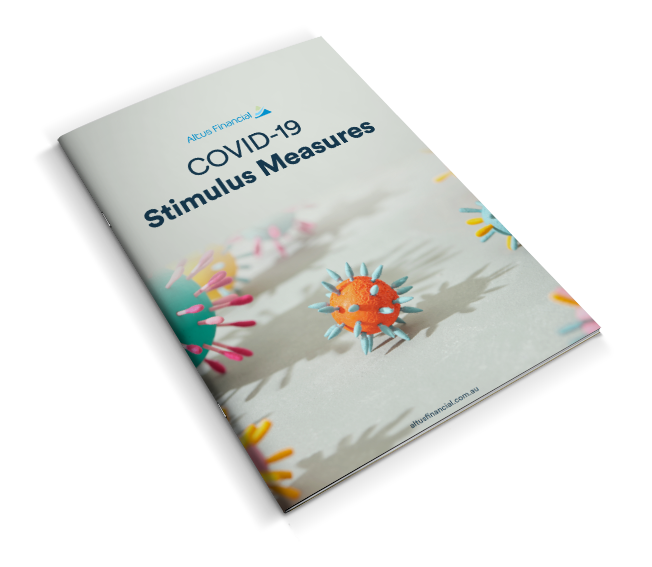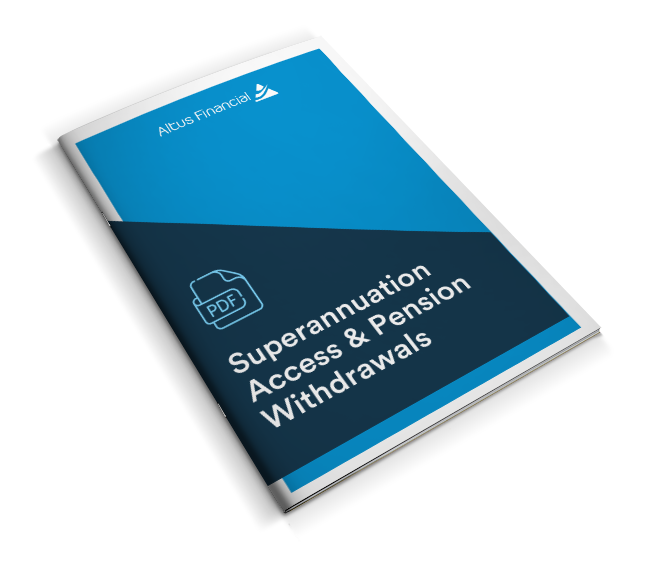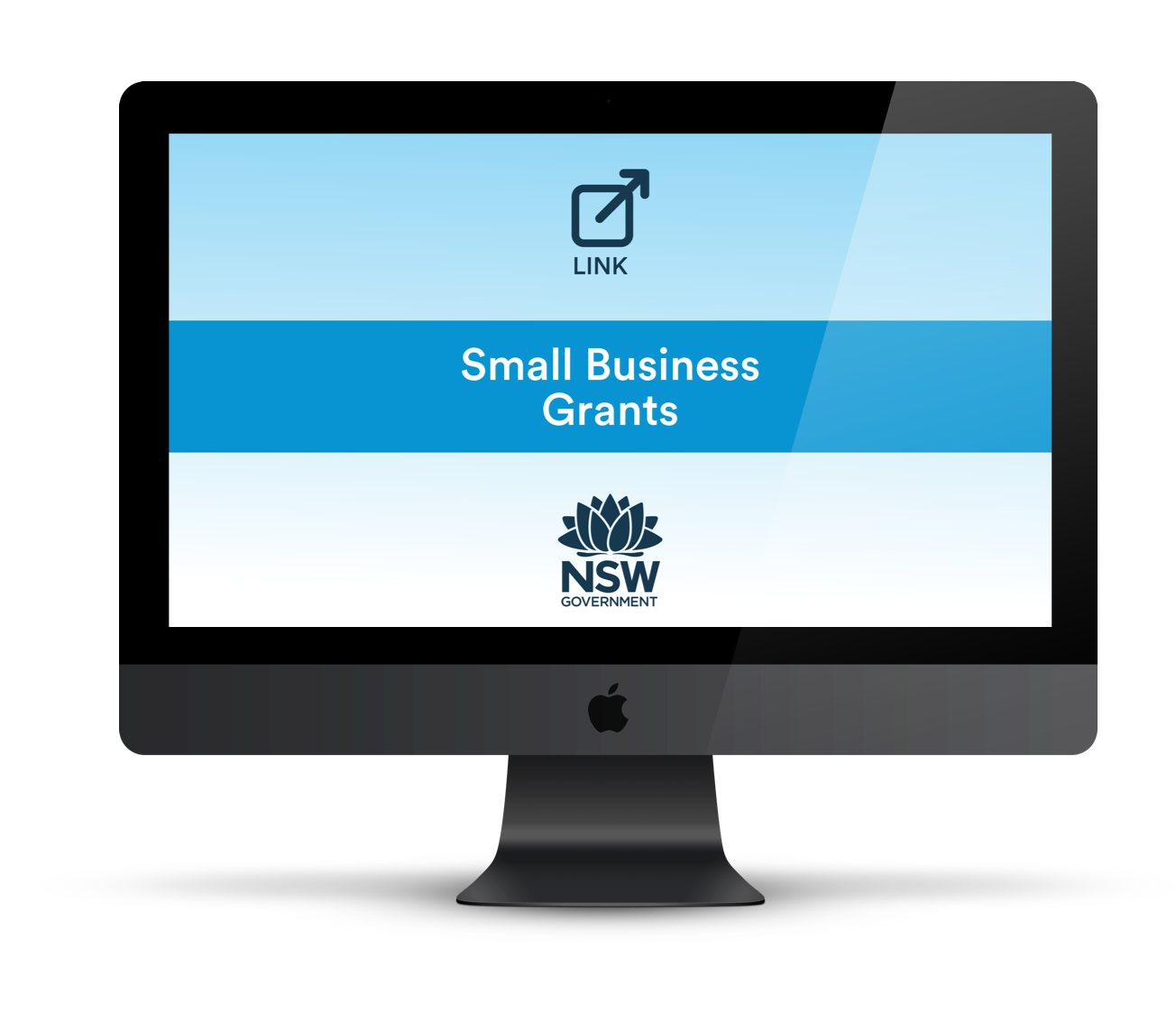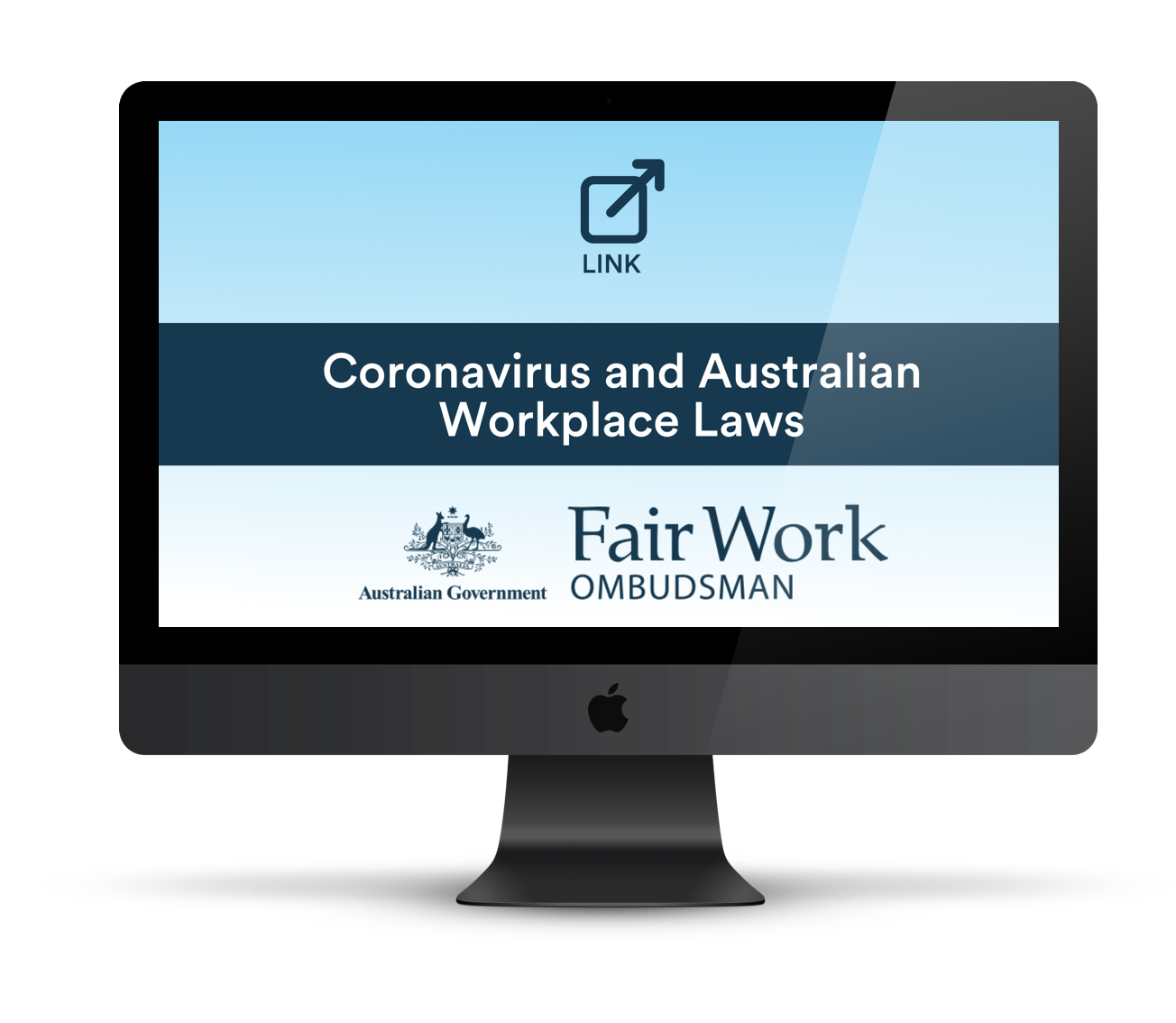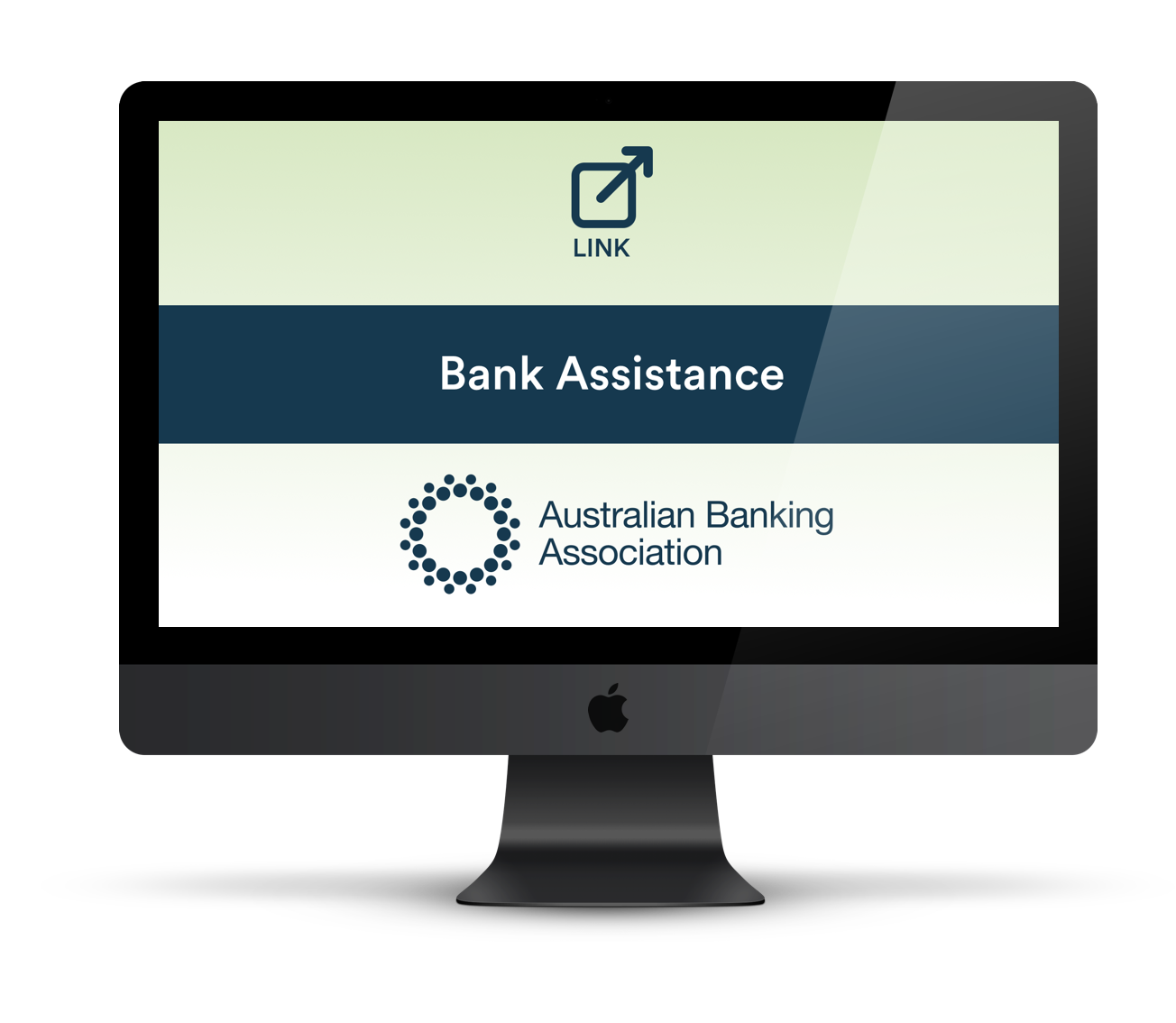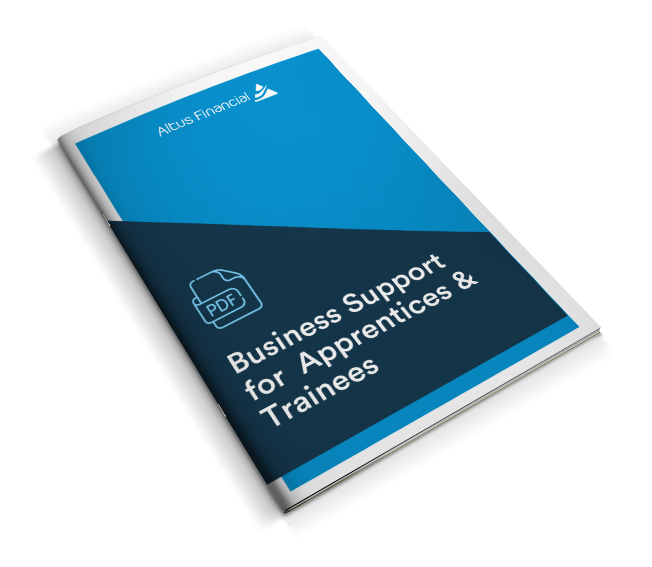The COVID-19 pandemic has caused many Australians to reassess the health of their personal finances. From superannuation and investment portfolios to property assets and cash reserves, the current crisis has put many areas of our wealth under the spotlight.
Thankfully, Australia has so far managed to avoid the social devastation seen in the United States and parts of Europe. However, the economic fallout of the Coronavirus pandemic continues to unfold, and the true scope of its financial impact is yet to be seen.
As we look forward to the months and years ahead, what financial lessons can we take with us into the post-pandemic world? Let’s look at what the Coronavirus crisis has taught us about building and safeguarding our wealth.
Build a Strong Cash Reserve
With unemployment expected to reach 10% in Australia, the prospect of redundancies and furloughs are very real for many professionals. A strong cash reserve in an emergency fund can be a lifesaver in uncertain times such as these.
Aim to build an emergency fund that can sustain yours and your family’s living expenses for at least a year. Not only will this remove much of the financial stress of economic events like we’re currently experiencing; it can also prevent you from liquidating growth assets like shares. Being forced to sell while the market is low, or transition funds from superannuation can significantly erode your wealth in the long term.
A strong reserve of cash or cash-like assets is a powerful buffer for your financial health. If your emergency fund is looking lean, or you’ve had to dip into it due to the COVID-19 pandemic, don’t delay in restoring it once the crisis has subsided.
Diversify Your Investments
A diverse portfolio can help you to ride out market volatility - just ask investors currently heavily weighted in the airline industry.
Many investors believe that a large position in index funds and exchange-traded funds (ETFs), like those that track against the ASX 200, equates to portfolio diversification. While it’s true that these funds can reduce risk by spreading your investments across sectors, you can also take a broader view of diversification; looking beyond Australian markets. After all, much of the value of the ASX 200 is weighted in banking and mining.
Work with your financial adviser to explore suitable diversification for your investment goals, timelines and risk tolerance.
Clarify Your Risk Tolerance
Prior to the COVID-19 crisis, many investors may have confidently said they could handle a 30% drop in the value of their portfolio. However, the market rout in March may have been too much to bear for many of those same investors.
How you structure your investment portfolio largely depends on your risk tolerance, age and investment goals. If you pursue an aggressive portfolio, it’s upon you to hold firm if and when prices drop substantially. Losing your cool and falling into the herd mentality of selling while markets are low can undo years of disciplined investing.
If you want exposure to more speculative investments while retaining a strong diverse foundation, you may consider the “Core” and “Satellite” approach. The Core portion of your portfolio is where the vast bulk of your wealth is held in more stable assets, while your Satellite investments are your riskier ventures (which may make up less than 5% of your total portfolio value).
Assess Your Liquidity
Ask yourself; if worst comes to worst and your cash flow runs dry, how effectively can you sell off some of your assets? If the majority of your wealth is held in illiquid assets like property, which can be cumbersome and expensive to sell, you may struggle to find the immediate cash injection you need in dire circumstances.
A diverse wealth portfolio doesn’t only relate to sharemarkets; it also relates to liquidity. Work with your financial adviser to ensure you have a strategic combination of asset classes that can provide stability and liquidity. Real estate may benefit from less volatility than sharemarkets, however, that’s largely due to the fact that you can’t simply sell your house at the click of a button on Commsec.
Think Like an Investor, Not a Trader
The Coronavirus crisis has already resulted in some of the most volatile market conditions ever seen. With markets diving at record speed only to climb equally as quickly the following week, dramatic news headlines abound.
However, becoming swept up in the theatre of the markets and letting emotions guide your investment decisions can be dangerous to your long-term wealth.
Humans are hard-wired to do more to avoid pain than they will to gain pleasure, which is why you may be tempted to jump ship and sell your positions when markets fall. If that’s the case, ask yourself; are you an investor or a trader? Remind yourself of your long-term strategy, remove yourself from short-term thinking, and seek the advice of your financial adviser before making any rash decisions
Talk To Your Adviser
When the world settles into the New Normal after COVID-19, we urge each of you to consult with your financial adviser to discuss what worked and what didn’t during the crisis. Some of the most valuable lessons are found in hindsight, so it’s important to reflect honestly on how you performed when the chips were down.
If you’d like to speak to an Altus Adviser about your wealth goals, reach out to us today.
.svg)

.svg)


.svg)

.svg)
.svg)


